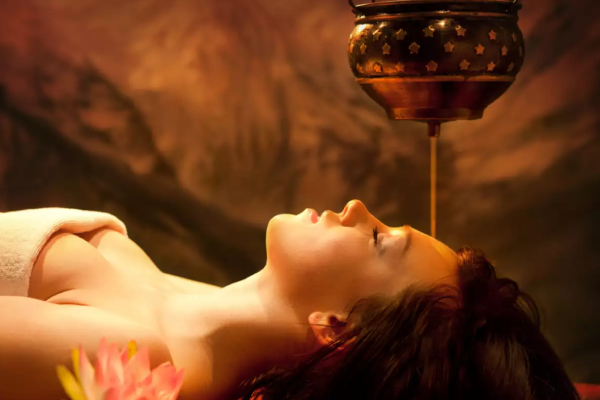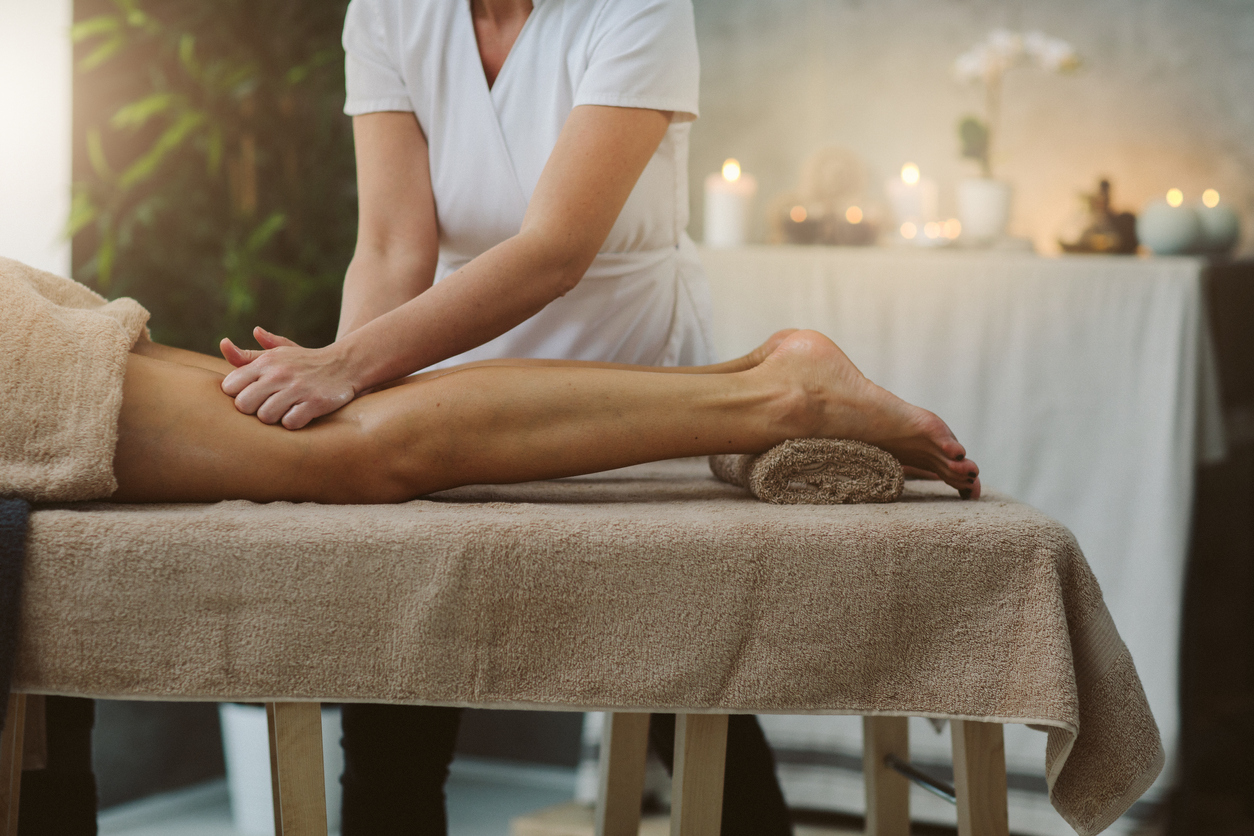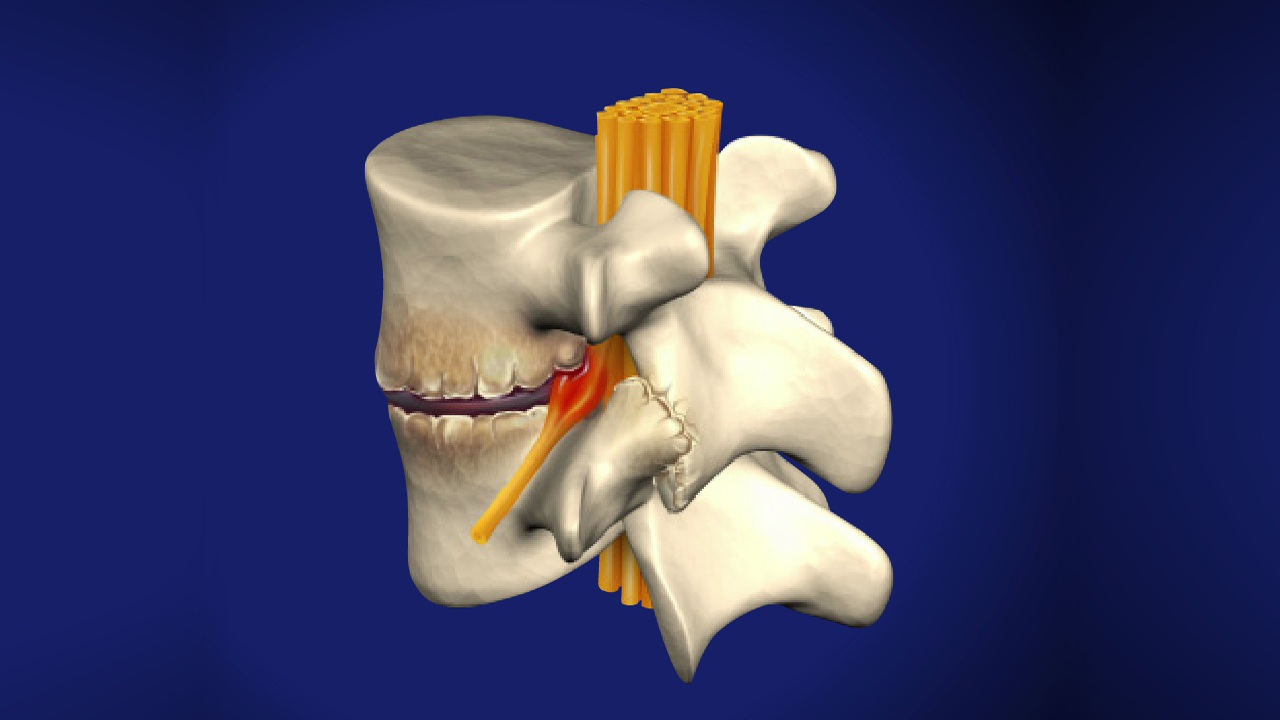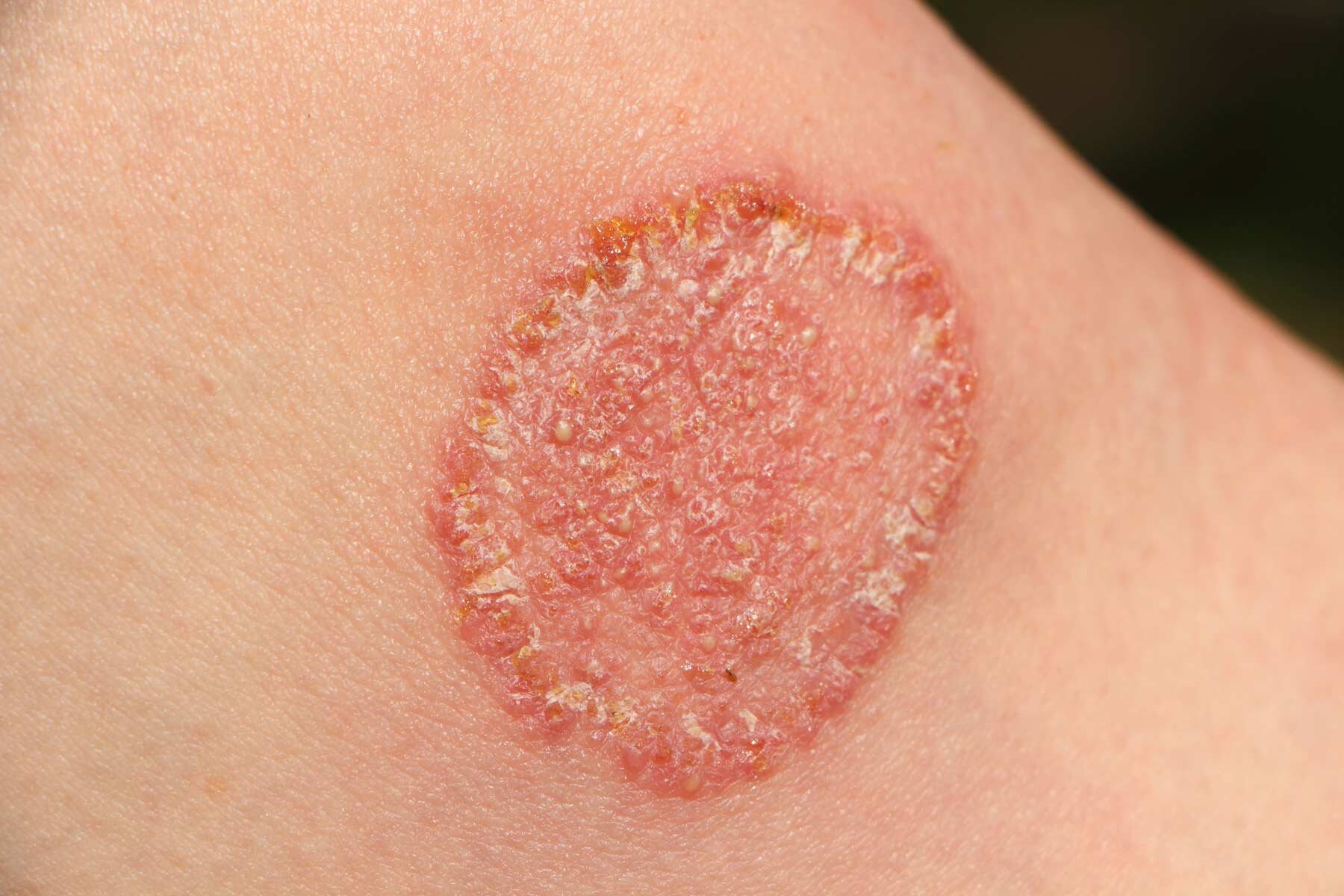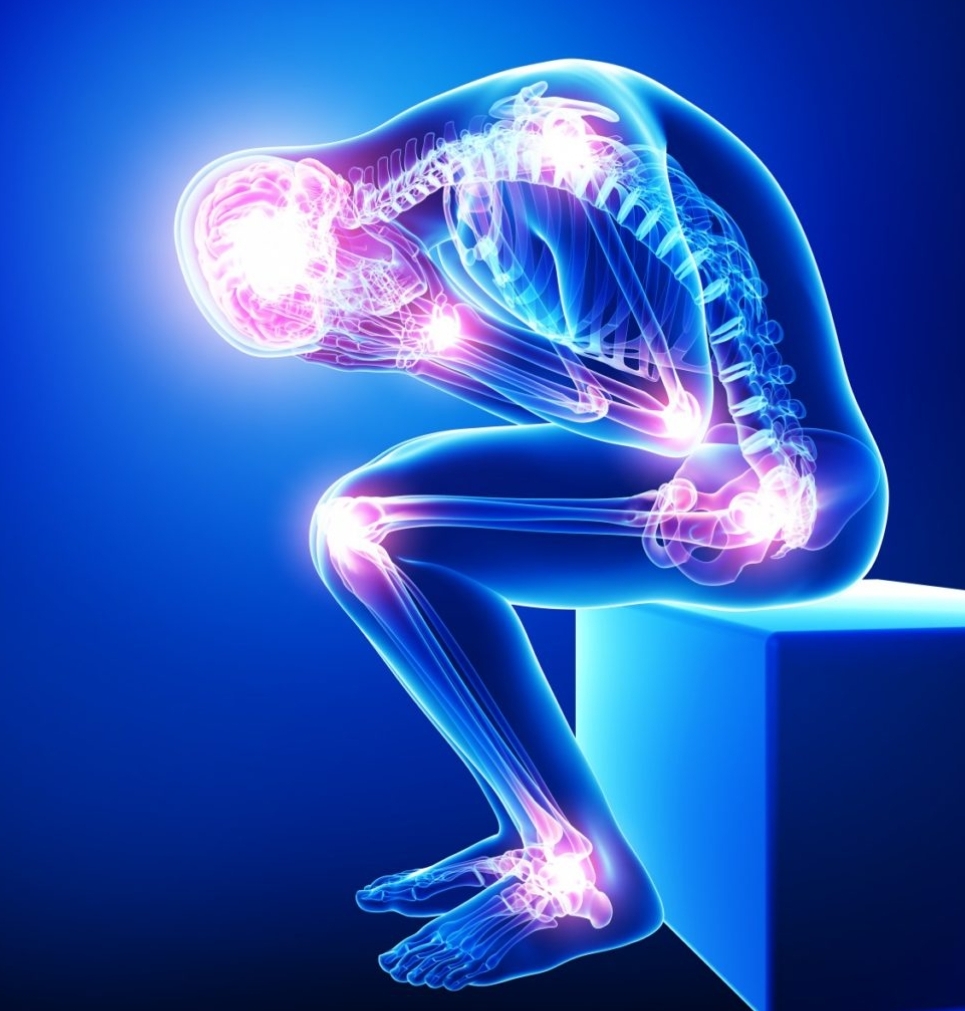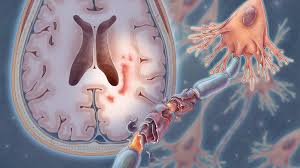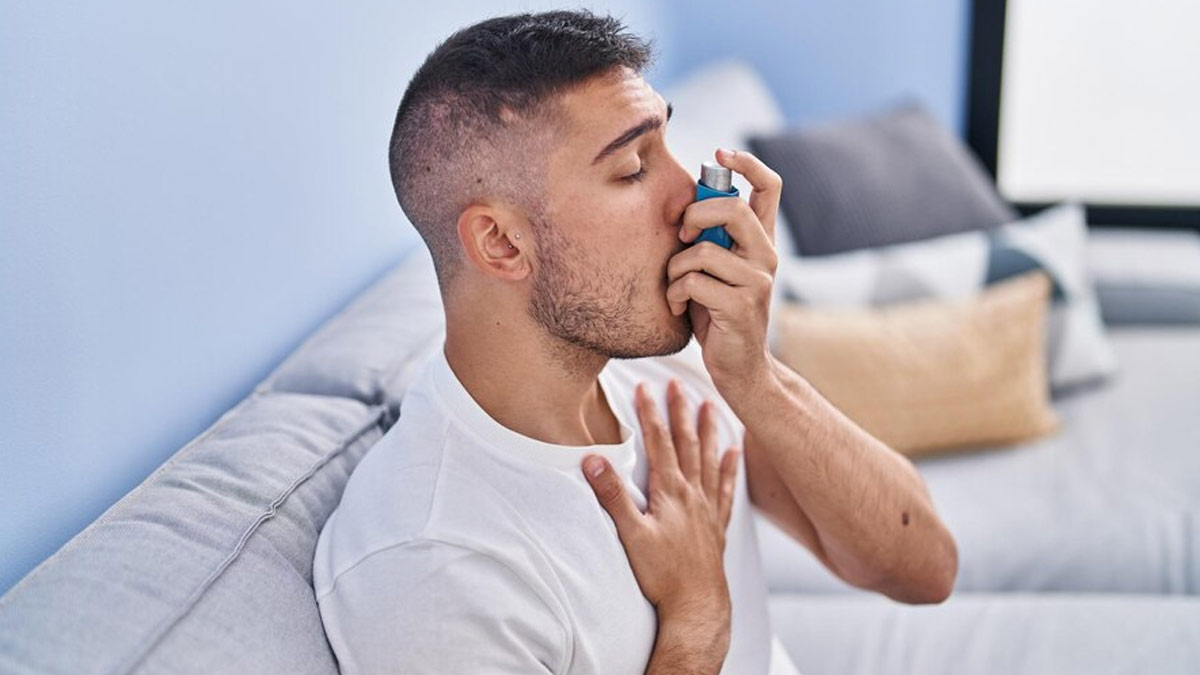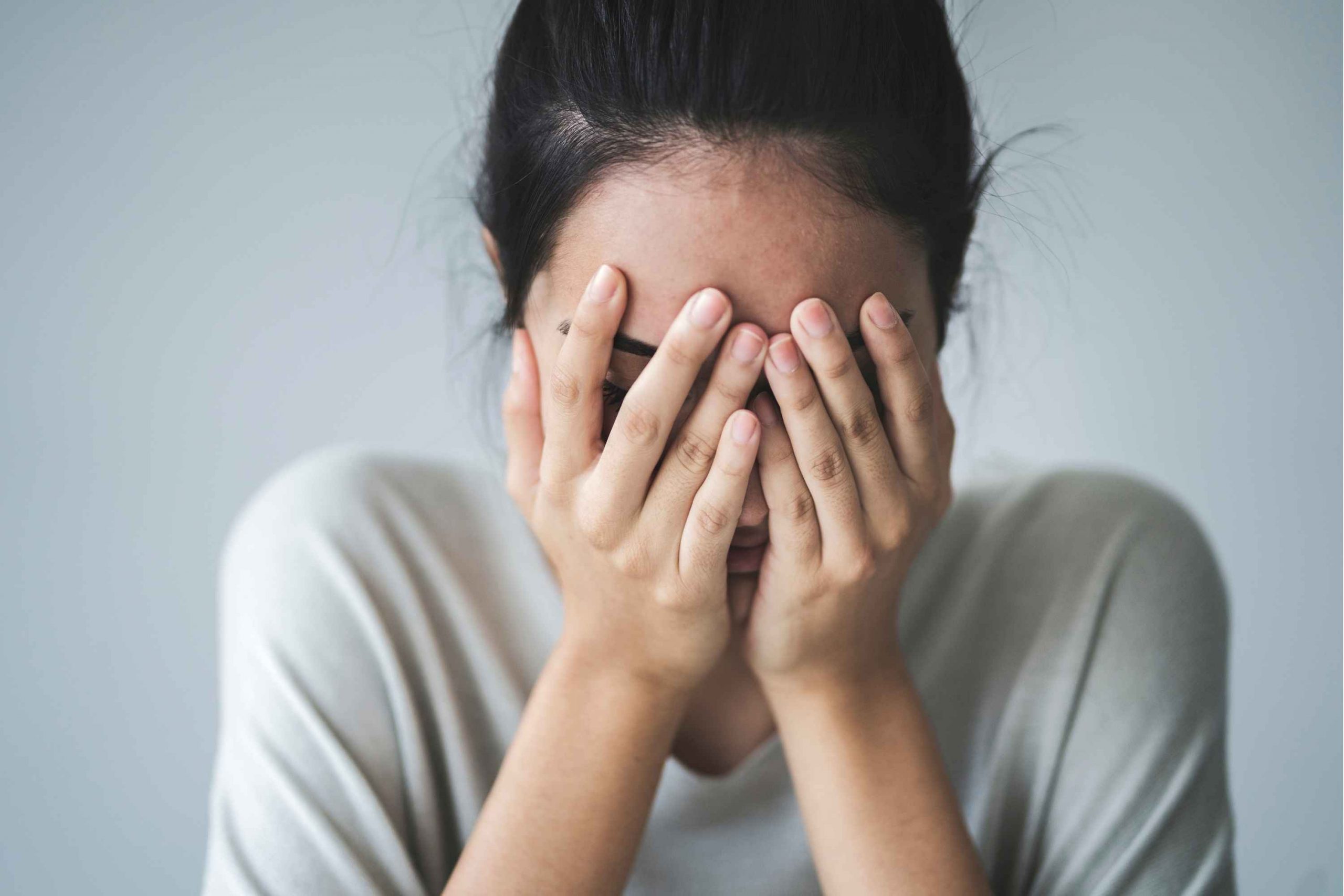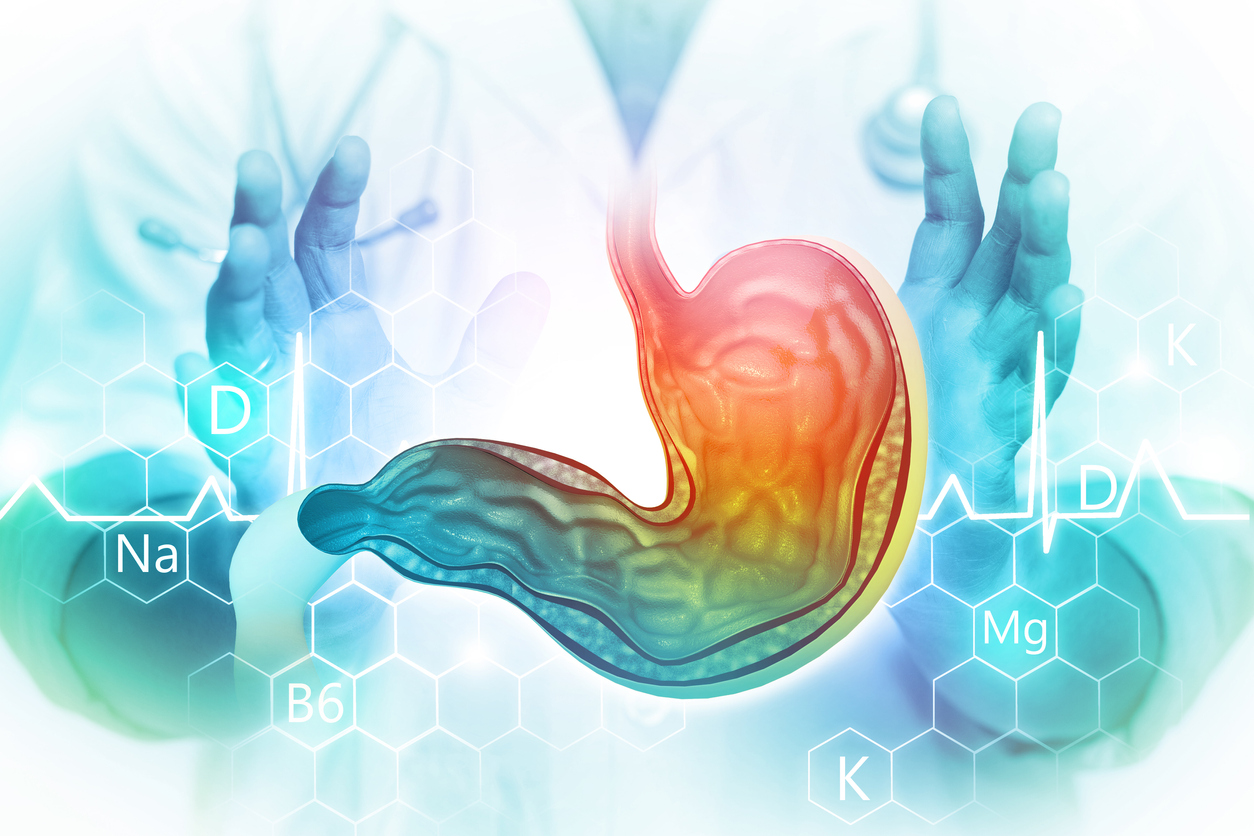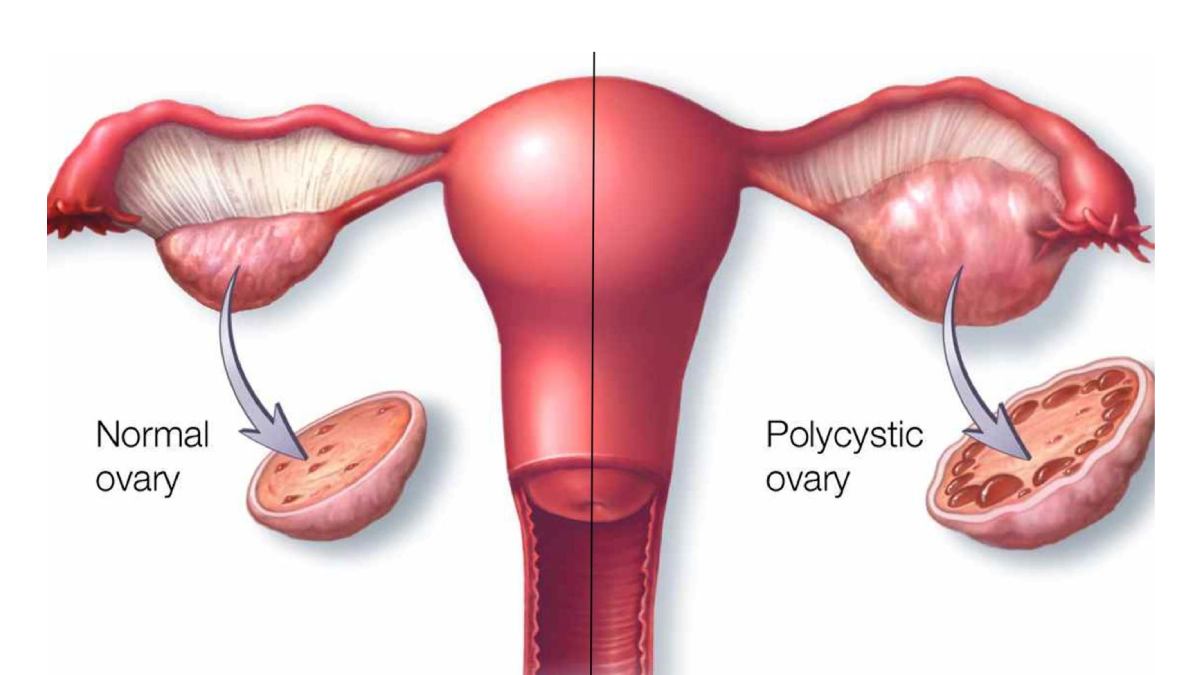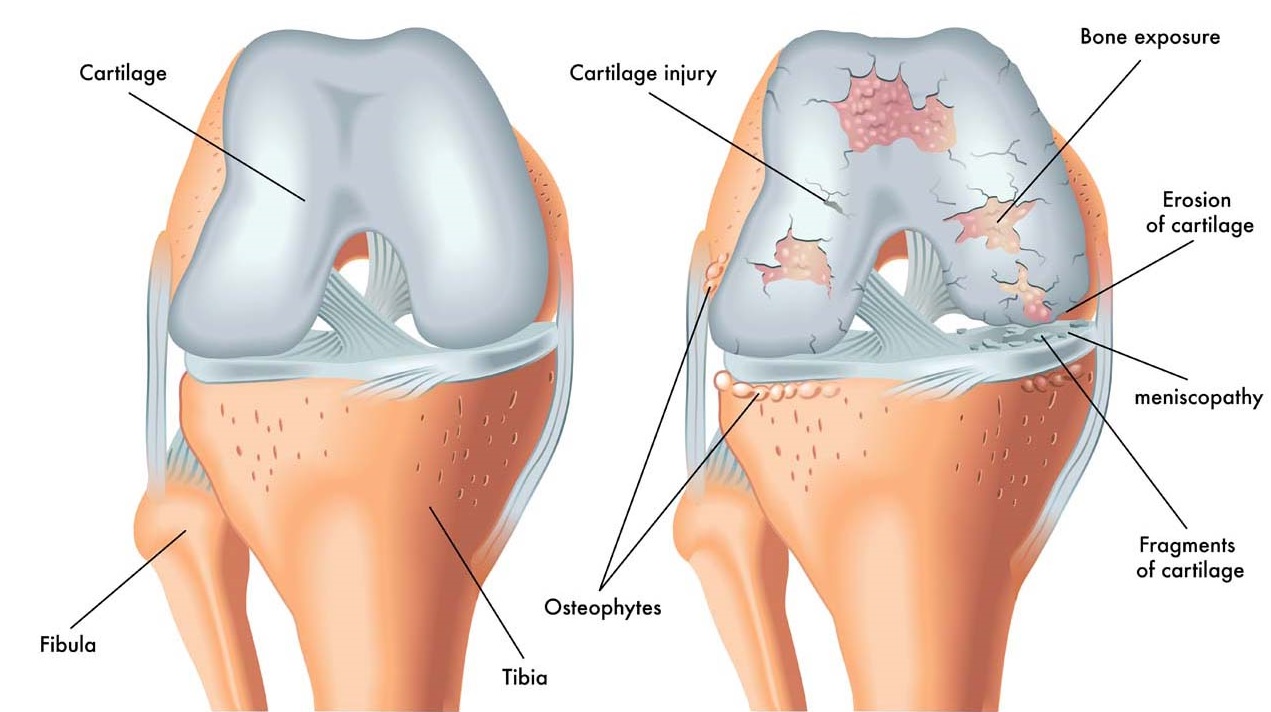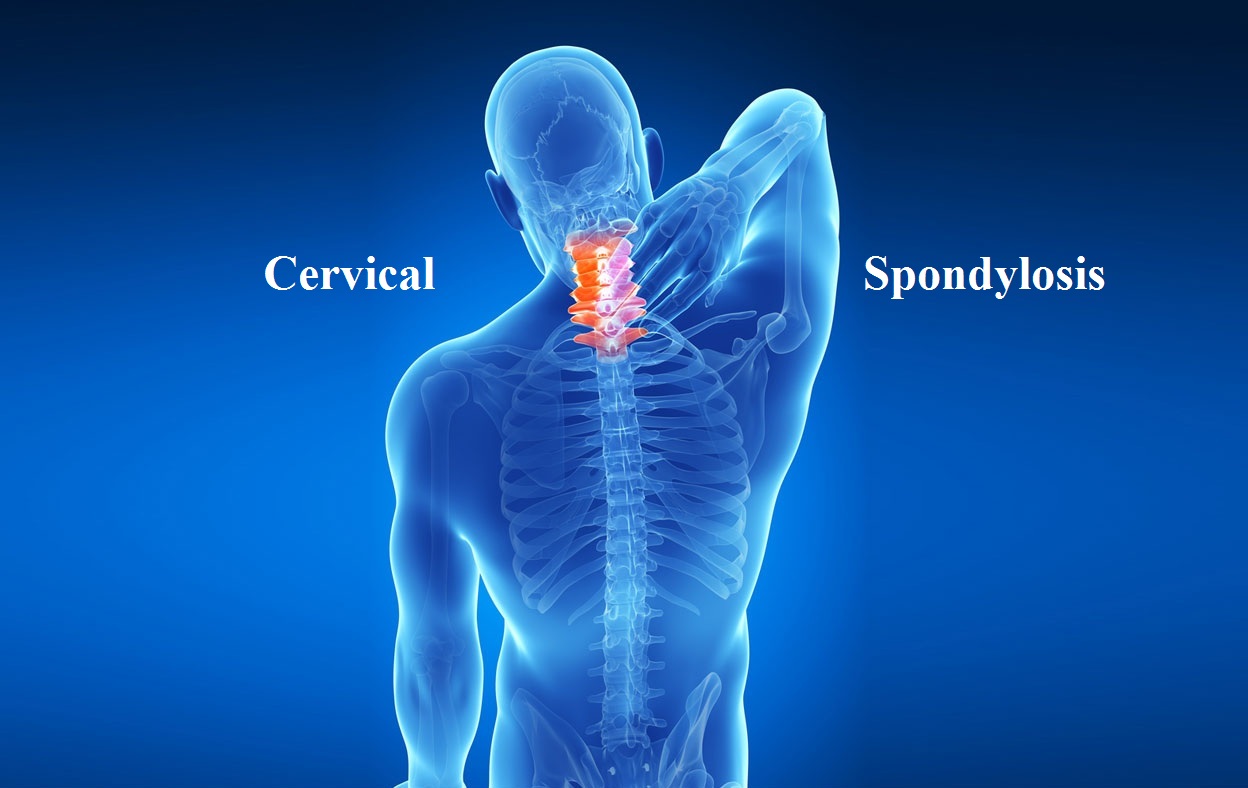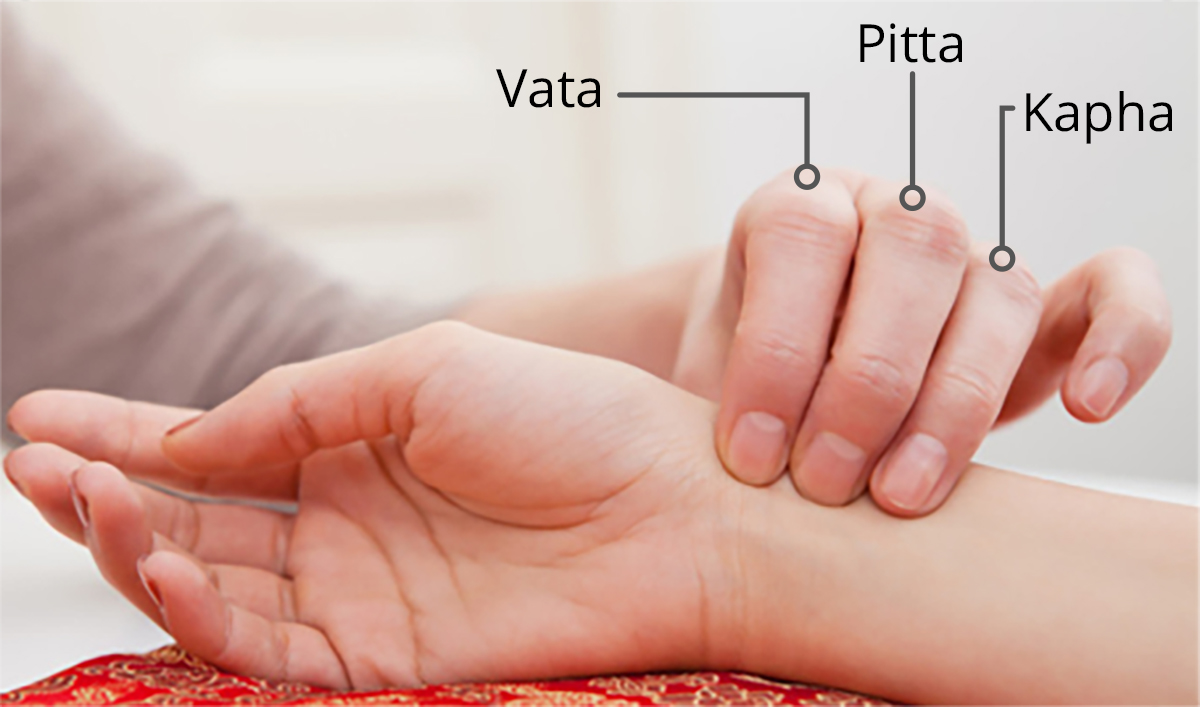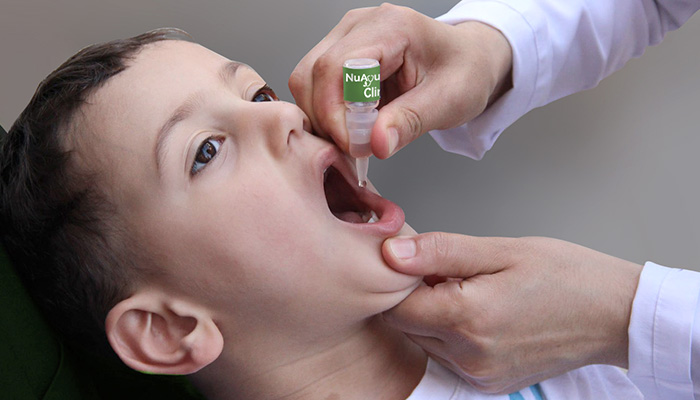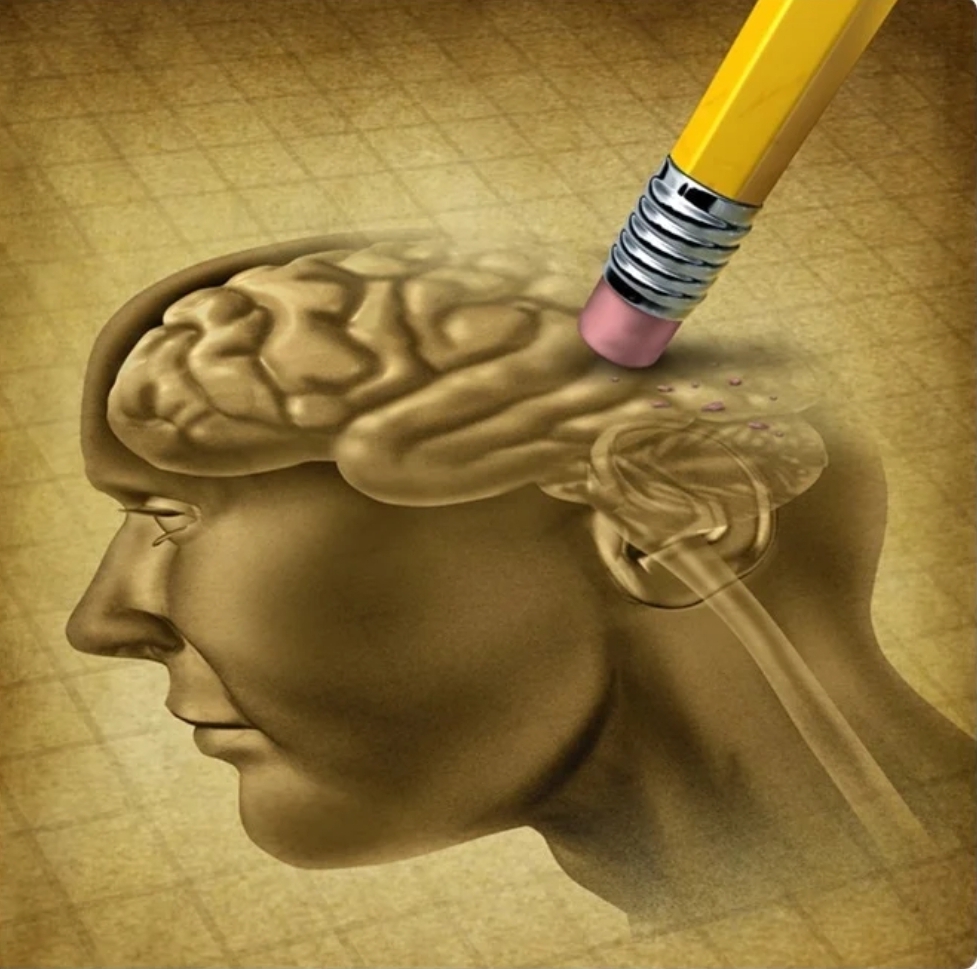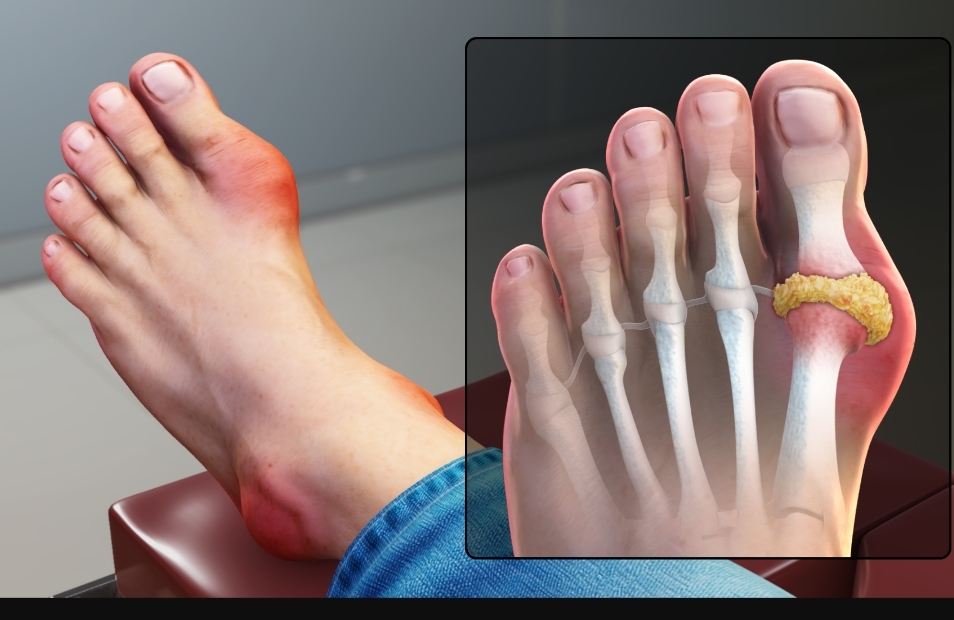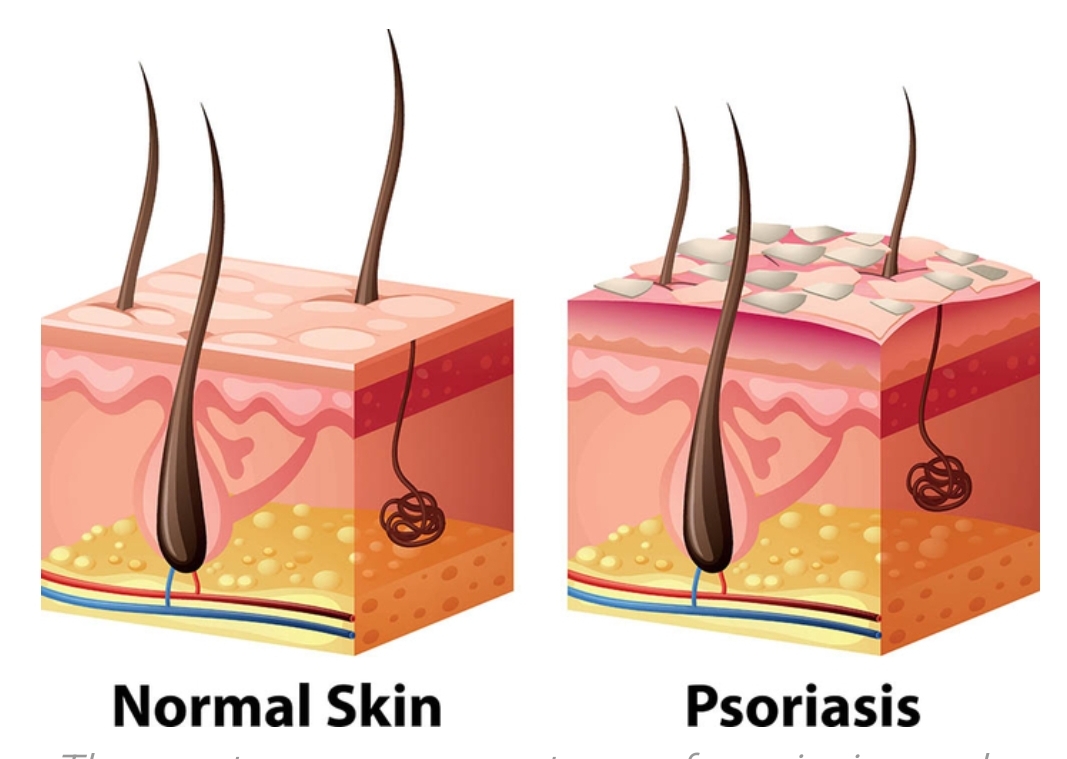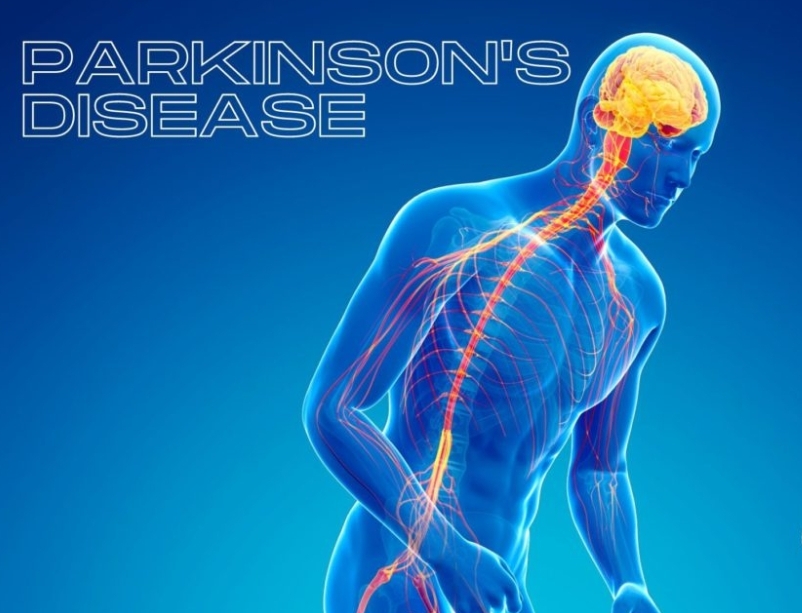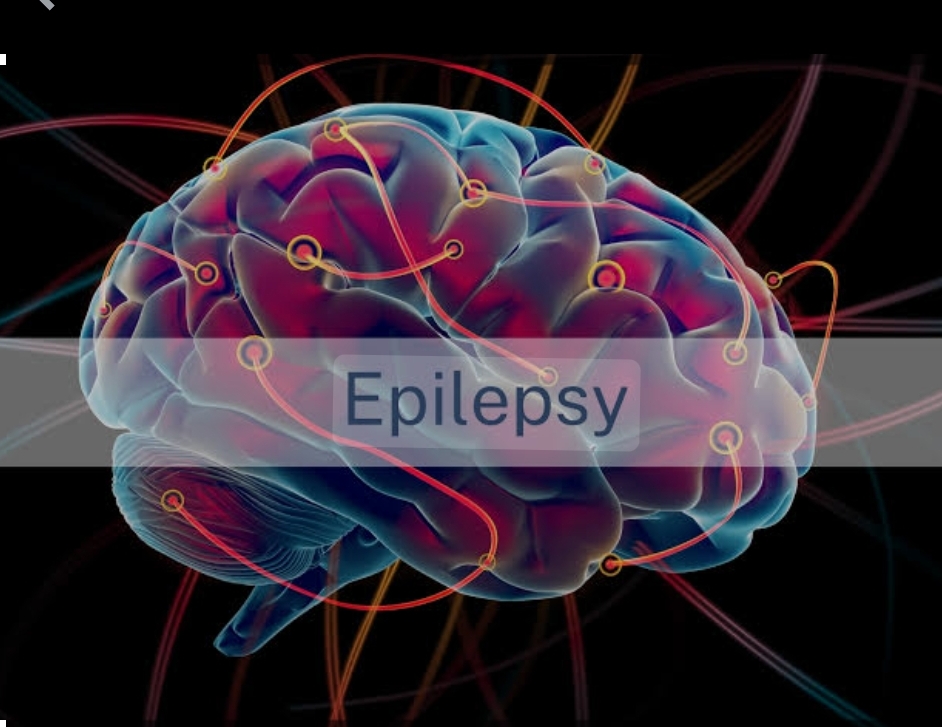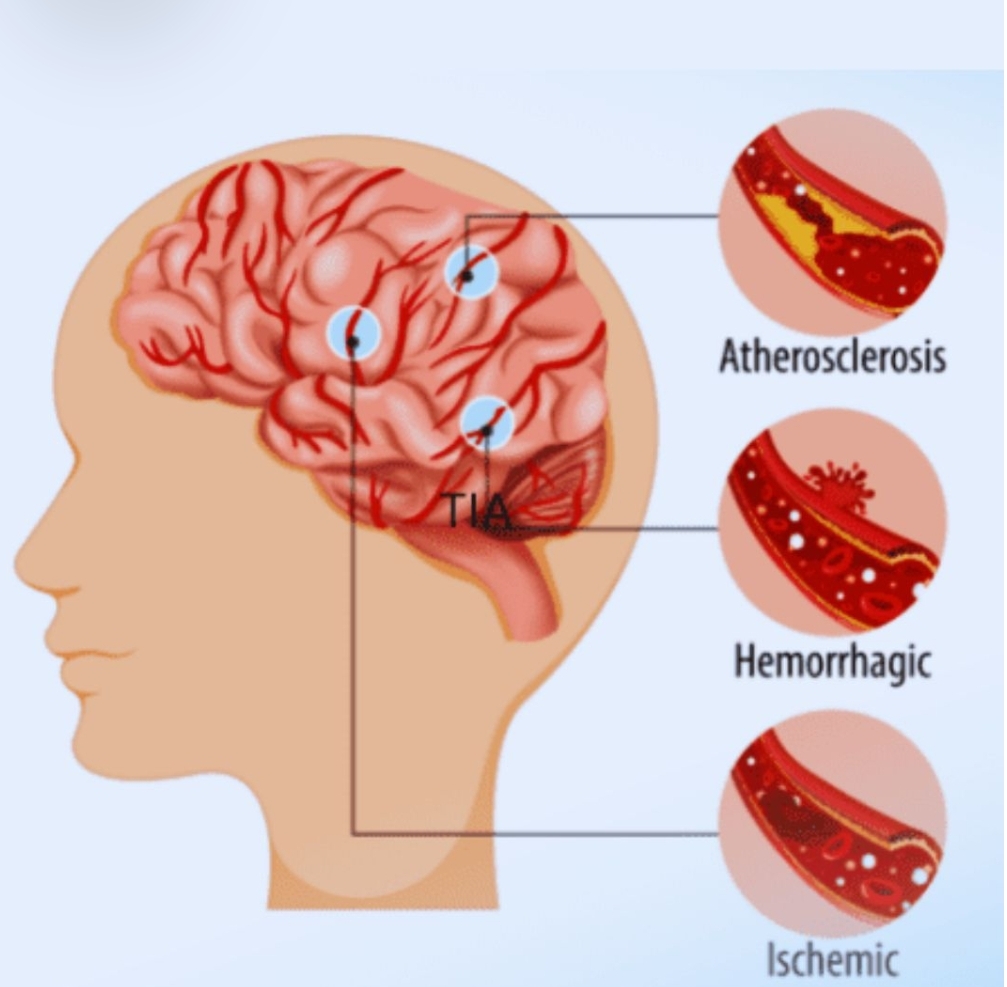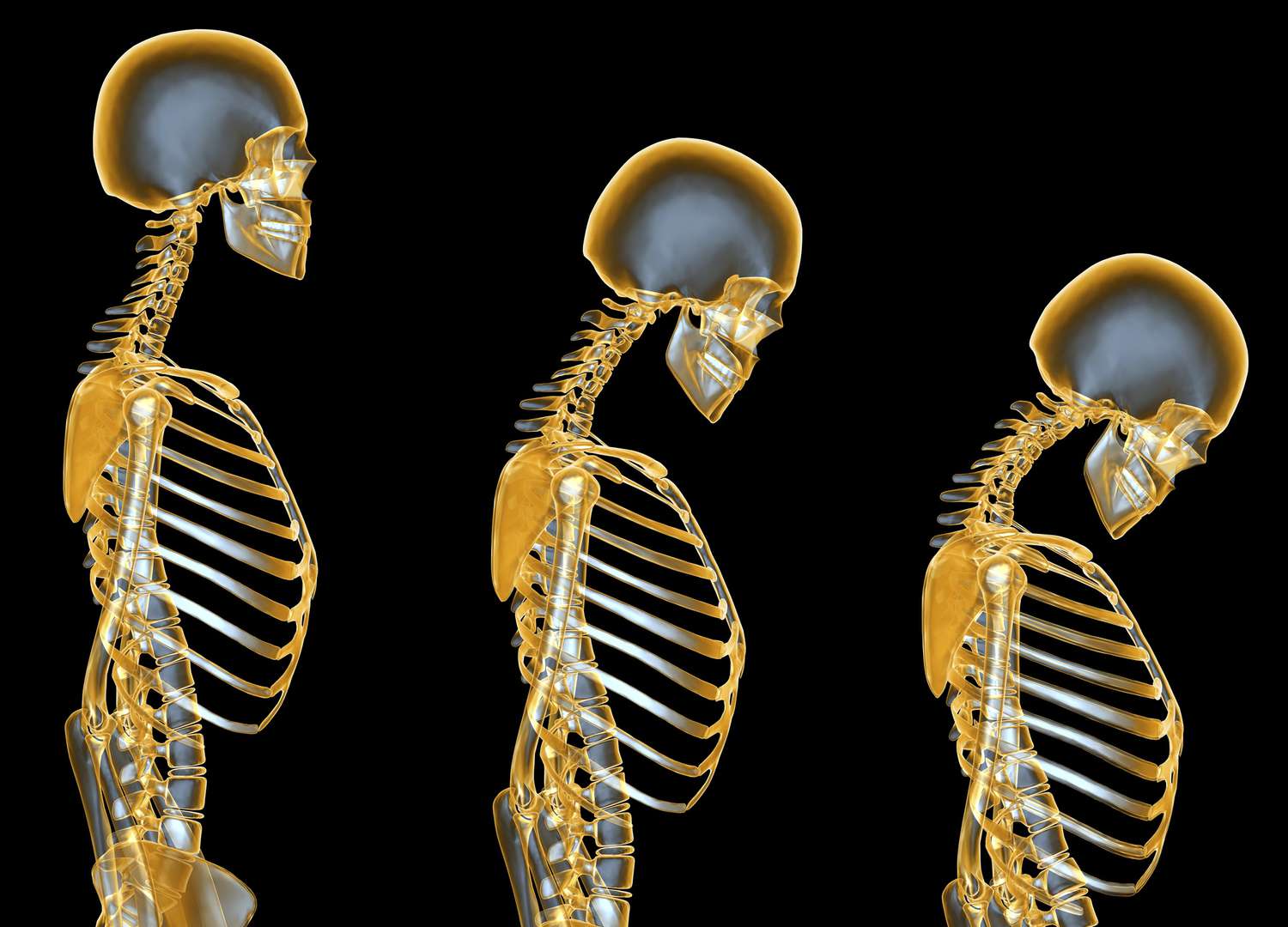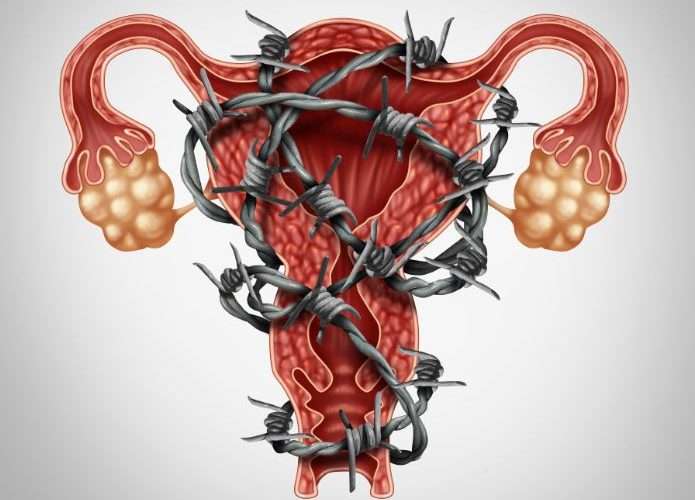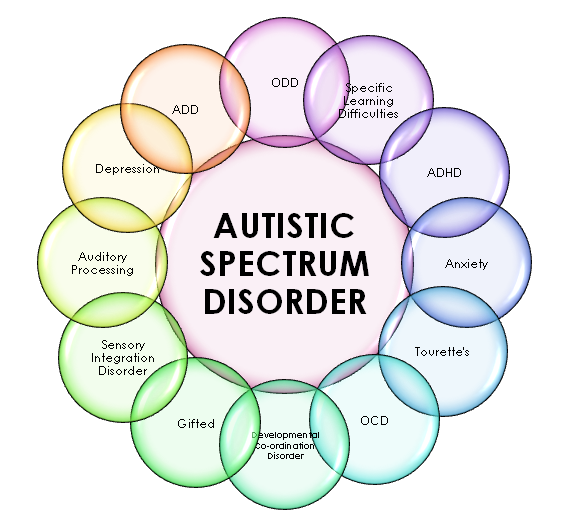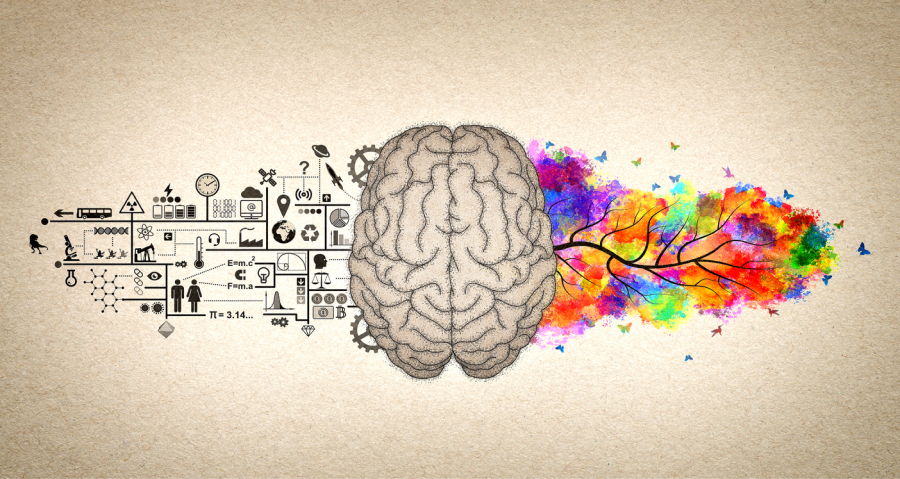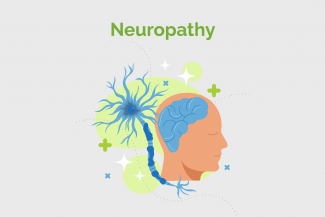.jpg)
Insomnia
Insomnia is a frequent sleep problem in which you have trouble falling asleep, staying asleep, or waking up too early, leaving you unable to sleep again. You may still be weary when you wake up. Your energy and mood, as well as your health, work performance, and overall quality of life, can all be affected by insomnia. Everyone requires different amounts of sleep, but most people require seven to eight hours every night.
Depending upon the causes, there are two types of insomnia, namely primary and secondary. Primary insomnia happens due to lack of sleep because of emotional stress, continuous travelling, or busy work schedules and is a distinct illness of its own. Secondary insomnia is due to the side effects stemming from other underlying neurological or mental ailments or by excess consumption of medications
What causes of insomnia?
Insomnia may be the only symptom, or additional symptoms may accompany it. Stress, life events, or sleep-disrupting habits are all common causes of chronic insomnia. The underlying reason of insomnia can be treated, but it can also last for years. Chronic insomnia can be caused by a variety of factors, including:
-
- Stress – work, school, health, finances, or family concerns might keep your mind occupied at night, making sleeping difficult. Insomnia can also be caused by stressful life events or trauma, such as the death or illness of a loved one, divorce, or the loss of a job.
- Travel or work commitments – circadian rhythms serve as an internal clock regulating your sleep-wake cycle, metabolism, and body temperature. Disrupting your body’s circadian rhythms might induce insomnia. Jet lag from travelling across many time zones, working a late or early job, or often changing shifts are all factors.
- Sleep deprivation – an erratic bedtime routine, naps, stimulating activities before bed, an uncomfortable sleep environment, and utilizing your bed for work, eating, or watching tv are all examples of poor sleep habits. Avoid using computers, televisions, video games, smartphones, or other screens before going to bed.
- Excessive eating late at night – overeating can make you physically uncomfortable when you are lying down. Heartburn, or backflow of acid and food from the stomach into the esophagus after eating, is common and can keep you awake.
- Chronic insomnia can be caused by a variety of factors, including medical conditions or the use of certain drugs. While treating the medical problem may aid in sleep improvement, insomnia may linger even after the medical ailment has been resolved.
The additional causes >
- Mental disorders – anxiety disorders, such as post-traumatic stress disorder, can lead to sleeping difficulty. It is possible that oversleeping is a sign of depression. Insomnia is frequently associated with other mental health issues.
- Medications – many prescription medications, such as antidepressants, asthma medications, and blood pressure meds, can cause sleep disturbances. In addition, caffeine and other stimulants are found in many over-the-counter medicines, including pain relievers, allergy and cold medications, and weight-loss products.
- Medical conditions – chronic pain, cancer, diabetes, heart disease, asthma, and gastroesophageal reflux disease are some of the illnesses connected to insomnia.
- Sleep disorders – sleep apnea is a condition where you stop repeatedly breathing throughout the night, disrupting your sleep. In addition, restless legs syndrome creates uncomfortable leg feelings and an almost overwhelming need to move them, making it difficult to fall asleep.
- Caffeine, nicotine, and alcohol are all stimulants. These can help you stay awake at night, if you drink them late in the afternoon or evening. Nicotine, which is found in cigarettes, is another stimulant that can cause sleep disturbances. While alcohol may help you fall asleep, it stops you from sleeping deeper and frequently wakes you up in the middle of the night.
Insomnia related to ageing
- Change in the sleeping pattern – As you get older, sleep becomes less restful, so noise or other changes in your surroundings are more likely to wake you up. In addition, your internal clock often advances as you get older, causing you to become weary sooner in the evening and to wake up earlier in the morning. However, elderly adults require the same amount of sleep as younger people.
- Change in activity – A lack of movement can make getting a decent night’s sleep challenging. Additionally, the less active you are, the more likely you will take a daily nap, which might disrupt your nighttime sleep.
- Health variations – Sleep can be disrupted by chronic pain from disorders like arthritis or back discomfort and sadness or anxiety. Prostate or bladder problems, for example, might disrupt sleep by increasing the desire to pee during the night. In addition, with increasing age, sleep apnea and restless legs syndrome become more prevalent.
What are the symptoms of insomnia?
- Having trouble falling asleep at night
- Getting up in between the sleep at night
- Getting up way too early
- After a night’s sleep, you don’t feel adequately rested
- Tiredness or drowsiness during the day
- Irritability or worried nature
- Difficulty in paying attention, focusing on duties, or remembering matters
- Errors or accidents have increased
- Constant concerns about sleep
Ayurveda Treatment for Insomnia
Ayurveda correlates insomnia as Anidra or Nidranasha. Anidra is caused due to imbalance of all the Doshas. In specific, the Tarpaka Kapha, Prana Vayu and Sadhaka Pitta gets afflicted and causes the Nidranasha. Tarpaka Kapha, when not in balance, the brain cells go unnourished and leads to insomnia. The aggravated Vata also affects sound sleep. An imbalance in Sadaka Pitta creates problems in resting functions in the body, leading to insomnia.
Ayurveda treatment for sleep problems includes Nidana Parivarjana (avoiding the causative factors), Abhyanga (oil massage), Shiro Abhyanga and Shirodhara (head massage and oil dripping overhead), Padabhyanga (foot massage), Shiro Pichu (oil retained in the center of the head) etc. Insomnia Ayurveda medicine includes bhringaraja oil, brahmi oil, tungadrumadi oil, amla bhringaraja oil etc. At Gayatri/s insomnia treatments are decided based on the severity of case and studying other health parameters. We also design special diet regimen and yoga and breathing programs for patients



